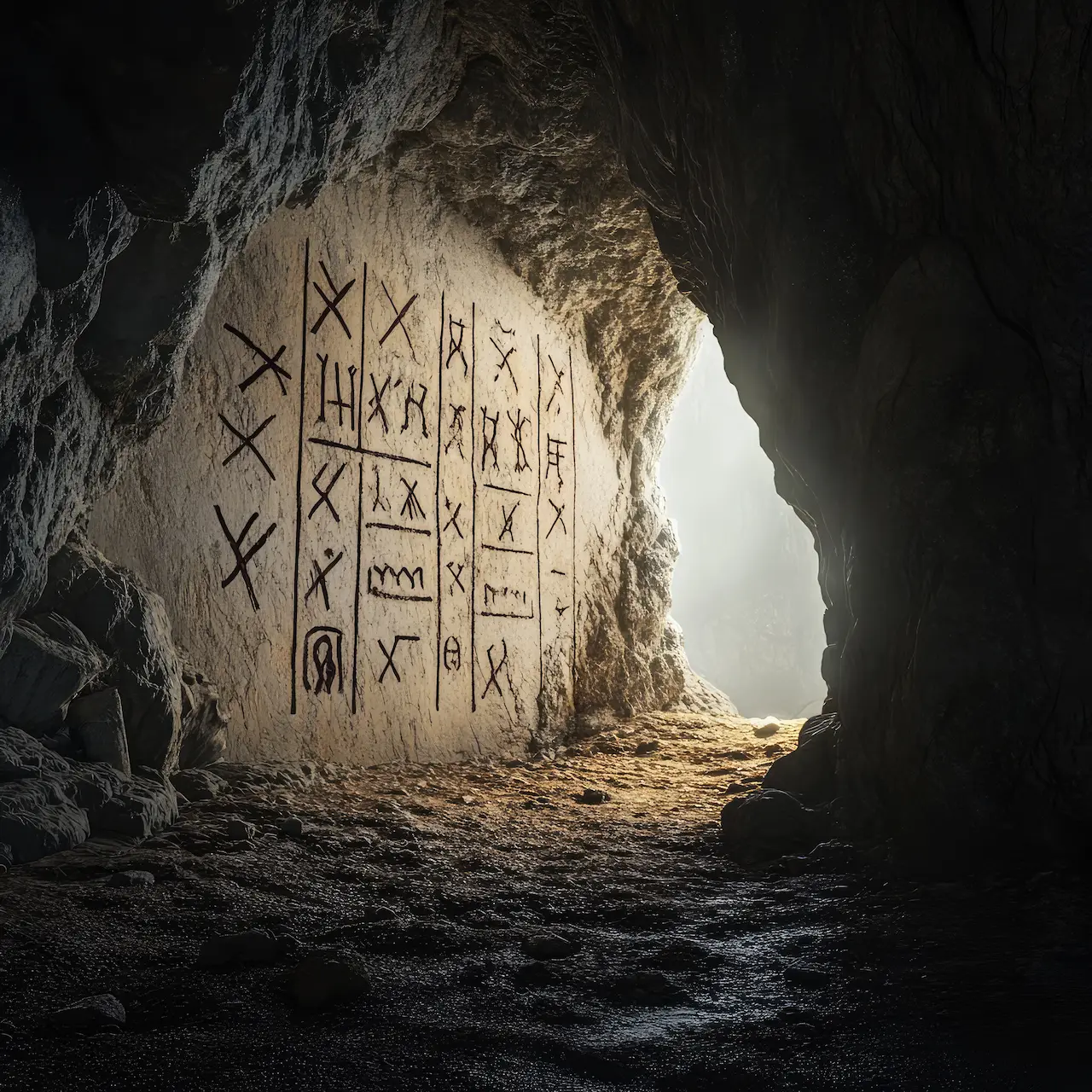Mathematics, often hailed as the universal language, offers a powerful tool for understanding, preserving, and passing on ancient knowledge. Its abstract nature transcends cultural and linguistic barriers, making it a valuable medium for communicating complex ideas across time and space.
How Mathematics Can Preserve Ancient Knowledge:
- Numerical Systems: Ancient civilizations developed unique numerical systems to record and represent quantities. By studying these systems, we can gain insights into their mathematical understanding and the context in which they were used.
- Geometric Concepts: Geometric principles were employed in various aspects of ancient life, from architecture to astronomy. By analyzing geometric patterns and structures, we can uncover the mathematical knowledge and ingenuity of these civilizations.
- Astronomical Calculations: Ancient astronomers used mathematics to track celestial bodies, predict eclipses, and develop calendars. Their calculations provide valuable information about their understanding of the cosmos and their ability to apply mathematical concepts to real-world problems.
- Engineering and Technology: Ancient civilizations achieved remarkable feats of engineering, often relying on mathematical principles. By studying their structures, machines, and technologies, we can learn about their mathematical knowledge and its practical applications.
- Symbolic Representations: Mathematics can be used to represent abstract concepts and ideas. Ancient texts and artifacts often contain symbolic representations that can be interpreted through a mathematical lens, providing deeper insights into their meaning and cultural context.
The Fascinating Aspects of Using Mathematics to Understand Ancient Knowledge:
- Cross-Cultural Connections: Mathematics can reveal surprising connections between seemingly unrelated civilizations. By comparing mathematical concepts and practices, we can identify shared knowledge and cultural influences.
- Hidden Meanings: Mathematical analysis can uncover hidden meanings and symbolism within ancient texts and artifacts. By deciphering mathematical codes and patterns, we can gain a new appreciation for the complexity and sophistication of ancient thought.
- Timeless Relevance: Mathematical principles are often timeless and applicable to modern-day challenges. By studying ancient mathematical practices, we can gain valuable insights into problem-solving, innovation, and scientific inquiry.
Mathematics alone cannot solve all the mysteries of the universe.
While it is a powerful tool for understanding and describing natural phenomena, it is not a substitute for empirical observation and experimentation.
Here’s why:
- Limits of Mathematical Models: Mathematical models are based on assumptions and approximations. While they can provide valuable insights, they may not capture the full complexity of the universe.
- Need for Empirical Data: Mathematical theories must be tested against real-world observations. Without experimental evidence, even the most elegant mathematical models remain speculative.
- Unpredictability of Nature: Some aspects of the universe, such as quantum mechanics, exhibit inherent randomness and unpredictability. These phenomena may not be fully explainable through deterministic mathematical models.
However, mathematics plays a crucial role in scientific inquiry:
- Describing Patterns: Mathematics can help identify patterns and relationships in natural phenomena, leading to new discoveries.
- Making Predictions: Mathematical models can be used to make predictions about future events, which can be tested through observation and experimentation.
- Providing a Framework: Mathematics provides a framework for understanding and analyzing scientific data, allowing us to draw meaningful conclusions.
while mathematics is a valuable tool for understanding the universe, it is not the sole answer to its mysteries. A combination of mathematical modeling, empirical observation, and experimentation is essential for advancing our knowledge of the cosmos.
In conclusion, mathematics serves as a powerful tool for understanding, preserving, and passing on ancient knowledge. By studying the mathematical concepts and practices of past civilizations, we can gain a deeper appreciation for their intellectual achievements and their contributions to human civilization.
